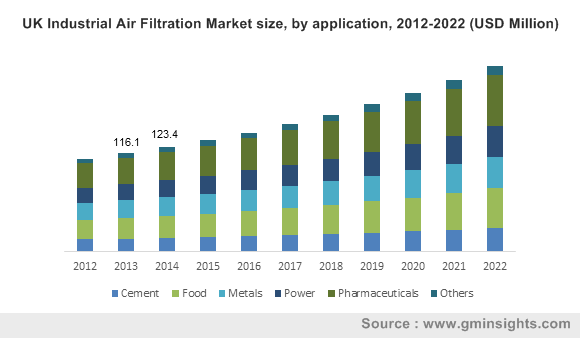Taking A Look At Climate'S Duty In Heat Pump Efficiency And Recommendations For Optimization
Taking A Look At Climate'S Duty In Heat Pump Efficiency And Recommendations For Optimization
Blog Article
Authored By-Tuttle Regan
When it comes to your heatpump, climate plays an essential function in its performance. From freezing temperatures to sweltering heat, each component can influence just how effectively your system operates. However what can you do to deal with these weather-related challenges and ensure your heat pump is operating at its finest? Keep tuned to find sensible tips and strategies to maximize your heat pump's performance, despite the climate condition it encounters.
Weather Variables Affecting Heatpump Efficiency
Weather condition aspects have a significant influence on the efficiency of heat pumps. One critical variable is temperature level. https://www.bobvila.com/articles/how-often-to-change-a-furnace-filter/ by moving heat from outdoors to within throughout winter season and vice versa in summer. As temperature levels drop, it becomes harder for the heatpump to essence warm from the outdoors air, decreasing its efficiency.
An additional key element is moisture. High moisture degrees can make it extra challenging for the heatpump to release warm throughout the cooling procedure.
Furthermore, wind speed contributes. Solid winds can dissipate the heat taken in or released by the heatpump, impacting its overall performance.
Tips for Optimizing Heat Pump Efficiency
To enhance the performance and long life of your heat pump, implementing a couple of vital strategies can make a considerable difference in its efficiency.
To start with, make sure normal maintenance by cleansing or replacing filters every 1-3 months to stop air movement obstructions and make the most of air flow. Furthermore, timetable yearly professional assessments to spot and resolve any type of potential issues early.
Optimum thermostat settings likewise play a critical role. Throughout the winter, aim for a temperature setup that's as low as comfortable, and throughout the summer season, established it as high as comfortable to reduce the workload on your heatpump. Making use of a programmable thermostat can aid you automatically adjust settings based on your routine.
Furthermore, sealing leakages in ductwork and insulating ducts in unconditioned areas can protect against energy loss and improve total system efficiency.
Last but not least, take into consideration installing a clever thermostat that can learn your habits and adjust setups as necessary, additional maximizing your heatpump's performance. By complying with these ideas, you can ensure your heat pump operates successfully and successfully throughout the year.
Best Practices for Weatherproofing Your Heat Pump
For optimum performance and efficiency of your heatpump, applying weatherproofing procedures is crucial. Begin by sealing any kind of spaces or splits around doors, windows, and ductwork to avoid warmth loss and maintain a regular indoor temperature.
Insulate revealed pipelines and ducts to stop cold throughout winter and make sure proper air flow. Take into consideration mounting a safety cover over the outside system to shield it from extreme weather condition aspects like snow, ice, and debris.
Regularly clean the outside unit to remove dust, leaves, and debris that can block air movement and lower efficiency. In addition, keep the area around the heatpump free from snow, ice, and plants to enable appropriate air flow.
Conclusion
Now that you recognize how climate affects your heat pump performance, you can take aggressive actions to maximize its effectiveness. By adhering to the ideas detailed in this write-up, such as normal upkeep, thermostat modifications, and weatherproofing actions, you can make certain that your heat pump runs at its best no matter the climate condition. Keep ahead of Read Homepage and maintain your home comfortable all the time.
